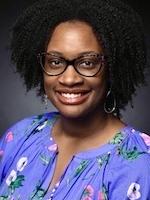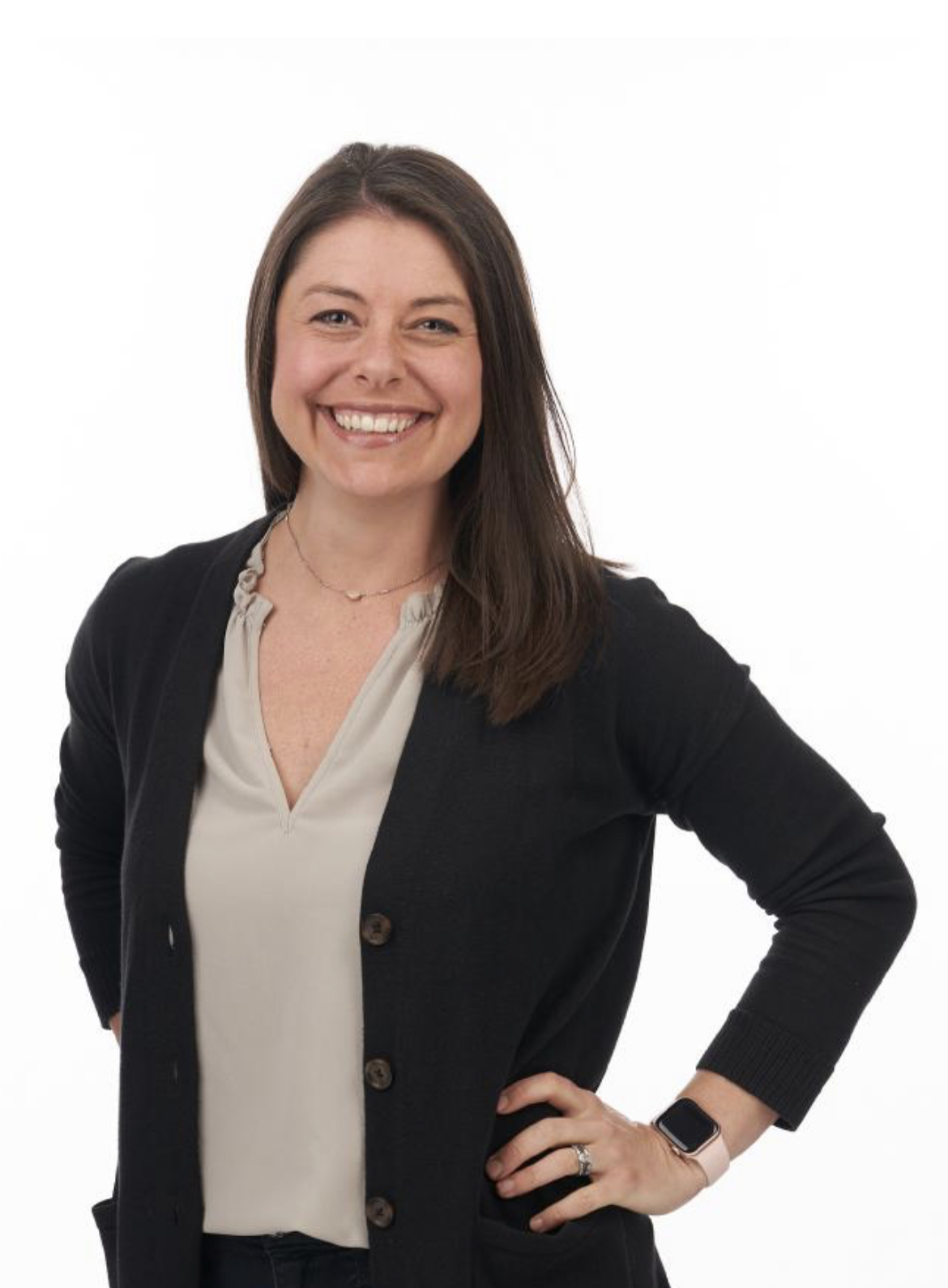
Event Information

1. 5 minutes - Presenter introductions and introduction to the session
2. 5 minutes - Exploring the "Why" - Introduction to the topic and Slido backchannel to gauge attendee experience with this topic
3. 5 minutes - Introducing UDL 3.0 with a focus on the new checkpoints related to infusing joy and play in learning, highlighting how the updated UDL framework more explicitly aligns with culturally responsive practices.
4. 15 minutes - Explore Authentic Assessment Examples - Presenters will share specific strategies and authentic assessments they use with their own learners, including student-created examples. Attendees will engage in active small group discussion around these examples and share their thinking and experiences with authentic assessment with one another.
5. 15 minutes - Brainstorm and Generate Joyful Authentic Assessments - Presenters will facilitate time to explore and discuss UDL 3.0 and its utility for guiding the development of joyful authentic assessment. During a Slido activity, participants evaluate “case studies” of authentic assessment to identify their alignment with UDL 3.0 and will share their own ideas for joyful authentic assessment with the whole group. Attendees will also be encouraged to share their own ideas, strategies, and reflections first with a partner and then through a Slido backchannel.
6. 5 minutes - Participants will collaboratively curate resources related to this session topic on a shared Padlet page accessed through a QR code. During this time we will also provide questions for peer-to-peer discussion among attendees.
7. 5 minutes - Questions & Closing comments from presenters; attendees will be asked to share their closing reflections and takeaways through the Slido backchannel.
CAST (2024). Universal Design for Learning Guidelines version 3.0. Retrieved from https://udlguidelines.cast.org
Gay, G. (2018). Culturally responsive teaching: Theory, research, and practice (3rd ed.). Teachers College Press.
Mills, M. (2022). Promoting inclusivity through a culturally responsive approach to classroom assessment practices. In E. Meletiadou (Ed.), Handbook of Research on Policies and Practices for Assessing Inclusive Teaching and Learning (pp. 399-421). IGI Global. https://doi.org/10.4018/978-1-7998-8579-5.ch018



